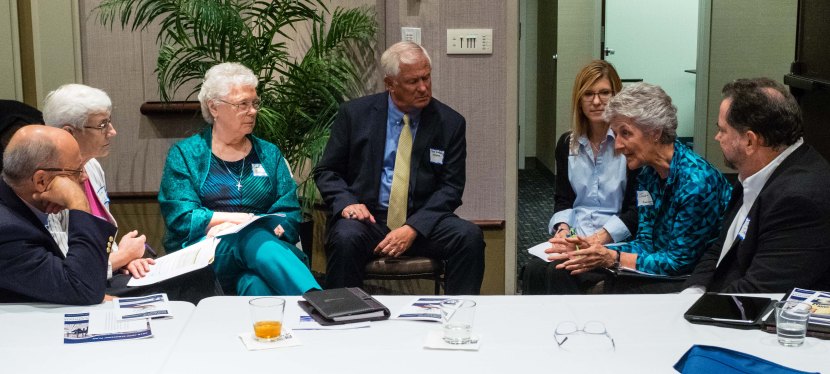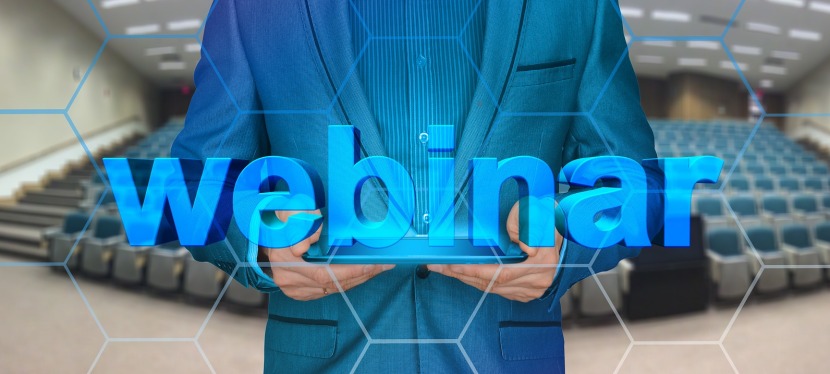Miller-Howard Investments, Inc. filed an exempt solicitation regarding Valero’s misrepresentations within their latest SEC filing concerning a shareholder resolution to be voted at tomorrow’s shareholder meeting.
The exempt solicitation reads:
As long-term investors in Valero Energy (“Valero” or “the company”), Miller/Howard Investments, Inc. is concerned that the company’s lack of strong and comprehensive greenhouse gas targets—in contrast to peers like Phillips 66 and Marathon Petroleum Corporation—raises questions about its strategy and preparation for a low-carbon future. Further rationale is outlined by the proponent, Mercy Investment Services, in their exempt solicitation. Accordingly, we urge support for Proposal No. 5: Stockholder proposal to set different GHG emissions reductions targets (Scopes 1, 2, and 3).
Adding to our concerns are the representations within Valero’s latest SEC filing, as laid out below:
| Valero’s position in SEC filing | Commentary |
| “ISS already rates Valero’s existing climate strategy as ‘exemplary.’” | This is not true. ISS, in a section of its analysis entitled “Climate Risk Disclosure”, noted that Valero “exemplifie[d] the standard” expectations set by TCFD. As is stated in the title, footnote, and methodology, the indicator is intended to reflect “the quality of corporate disclosure” (emphasis added). ISS said nothing about the quality of the company’s strategy itself.Fails to acknowledge that ISS recommends voting FOR Proposal No. 5. |
We encourage peers to consider this in the context of all governance-related votes. Further considerations have been outlined in Mercy Investment Services’ exempt solicitation, urging votes AGAINST the re-election of director nominees Robert A. Profusek, Deborah Majoras, and Rayford Wilkins.
Beyond this, investors are increasingly concerned about Valero’s ongoing pattern of misleading assertions.
After over four years of engagement with Valero’s management, Climate Action 100+ signatory investors sent a private letter on January 5th, 2023, to Valero’s Lead Independent Director and members of the Sustainability and Public Policy Committee to continue our good-faith dialogue and engagement on the company’s climate-related risks and opportunities. This request led to a meeting with independent directors and additional private correspondence. Throughout, the investors have consistently supported the company in any efforts to evaluate, improve, and benchmark not only its disclosures but its actions and – vitally – its strategy.
As a participant in the engagement, we were dismayed and disappointed to see the company’s publication of a response to that private correspondence from Valero’s Sustainability and Public Policy Committee chair, Deborah P. Majoras. She claimed:
We believe the fundamental differences in our perspectives centers around how we determine the best way to reduce GHG emissions. You have expressed your preference for absolute emission reductions, which companies can achieve by closing refineries. You highlighted that several of our peers have closed refineries over the last couple of years and have targets that take advantage of those closures. However, we believe the challenges presented by the ambitions of the Paris Agreement and the energy needs of the world are not met by a narrow strategy for reducing carbon emissions.
This claim is profoundly untrue and blatantly misrepresents the motives of the investors addressed in the letter. We reference and amplify Mercy Investments in its response,
We are concerned that VLO’s Board is failing to properly exercise its risk management and oversight responsibilities of Valero’s low-carbon fuels growth strategy given the critical risks climate change poses to its business operations. Rather than engage in constructive dialogue with Mercy Investment Services or with the Climate Action 100+ engagement cohort, Valero has painted us as an unreasonable actor aiming to shut down the company’s refineries.
We encourage peers to consider these concerns on all governance-related votes. Further considerations have been outlined in Mercy Investment Services’ exempt solicitation.
Valero’s virtual stockholder Meeting will take place, tomorrow, Tuesday, May 9, 2023 at 11:00 AM, Central Time.
Contact: Natalie Wasek, [email protected]
Find the press release here.








